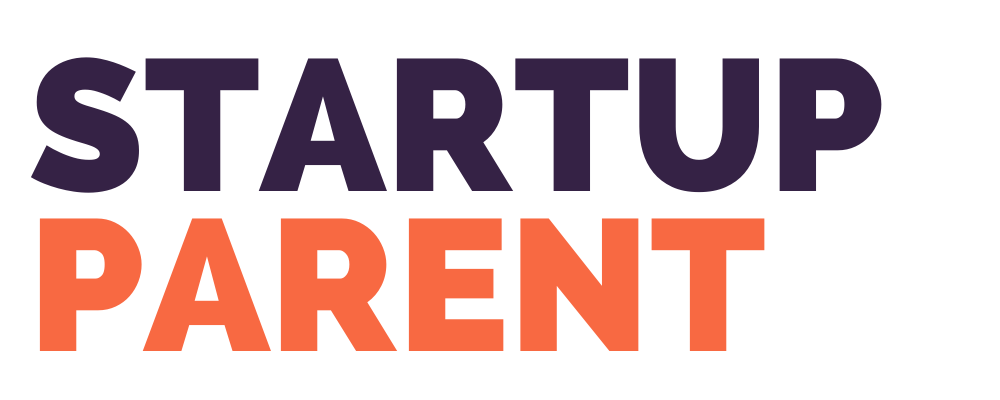Your period is late.
You wait a few days, playing it cool. Maybe you’ve been planning this — for months or even years, or maybe you were planning for NOT this and your stomach feels like poison and your future like a cage. Maybe you have the best people in your life or maybe you have The. Worst.
After the obligatory “it’s cool, I’ve never been that regular anyways!!!!” few days without any luck, you hold your pee all day at work or wake up at 5:00am to get that magical concentrated urine sample so you can ace the test and only have to pay $22 to have your fortune told instead of $44.
The plus sign/double line/digital readout doesn’t lie (if your pee was deep yellow enough).
Right now you’re freaking out, one way or another. It’s either your dream come true or the last thing you ever expected, but either way this is happening right now and you have got a giant already-hormonal pandora’s box full of feelings and decisions to process.
But hey, you can’t tell anyone yet. It’s time for early pregnancy silence.
Or at least not very many people…. just trust me honey, it’s for the best. You’re going to have to do this on your own for awhile.
You sink to the cold bathroom floor, clutching the test, mind racing as you think through what comes next. You’ll probably tell your partner if that’s a safe move, and MAYBE your mom/sister/best friend…. I mean, someone’s gotta back you up when you turn down a glass of wine or run to the bathroom after breakfast, right?
Because it’s a secret. Maybe even a little bit of a dirty one, or at least one that you aren’t sure of what it means or if it’s even real or if you’re ready for the gauntlet.
And what if your secret goes away?
Yes, that is the elephant in the room — increased risk of miscarriage in the first trimester (although maybe declining more rapidly than you think). This is undoubtedly the primary reason we guard our precious secret, keeping our early pregnancy silence, and for good cause:
Our culture is shockingly poor at making any space for the experience, or even the possibility, of loss and grief.
I wouldn’t make any plans yet (if you don’t get too attached, it’ll be easier to move on).
You’ll be ok, honey, you’ll get pregnant again soon, you’re so young (this part of you can easily be replaced).
Everything happens for a reason (focus on anything but the pain).
Discomfort, deflection, trite answers, isolation.
If this is what we may be met with, it’s no wonder that we protect the secret (and ourselves) until we feel we’ll receive a warmer, safer reception. We may have heard these messages enough over the years through pervasive cultural norms and experiences that we are telling ourselves the same things, to make it easier. To make it less painful.
It’s easier to move on if we never let it seem that real.
But what if this cultural norm does not actually serve us well? What if it isolates us when what we really need is connection and silences us when we need a voice? What if this is a time when we need just as much support as we naturally believe we will need later on — physically, emotionally, spiritually?
In my own experience and the experience of many mothers I know, the first trimester is a lot like this:
- Mostly all the time tired (probably the tiredest you’ll be all pregnancy).
- Pretty very nauseous.
- Worrisome and/or unmentionable body nonsense.
- Raging and alternating feelings of uncertainty/fear/worry and joy/elation.
- Struggling to figure out how to take care of yourself with so many competing things to do.
Why the hell are we doing this part (mostly) alone?
Once your secret is out (if it’s late enough that everyone is comfortable with the viability of your pregnancy) you’ve got unlimited “how are you feeling”s and “do you need anything”s, ice cream/food craving deliveries, foot rubs, babymoons, unsolicited baby name suggestions, labor advice, shoulders to cry on, doulas for counter-pressure (whatever that is) during labor, meal trains to prevent malnutrition, eager babysitters/gazers, lactation consultants because nipples, and all the parenting advice you could ever (never) want. It’s a mixed bag and overwhelming at times, but it’s pretty awesome. I’ll tell you right now, when you are six months pregnant and you call a good friend needing Sriracha, soup or just some snuggles, your wish is their command.
Even a little of this could go a long way in those first weeks and months of pregnancy.
Imagine a time when you may not have been that likely to be the first to know that you were pregnant, especially if it were your first baby. Your mother, your aunt, maybe the village wise woman or midwife would look at you with a twinkle in her eye and that was it — the celebration began then, the welcoming into the fold, the acceptance that all will be as it will be.
Imagine a time when you could trust community, tradition and intuition to show you the way…
I’m not suggesting you tell the whole world, or even anyone more than you want to tell. There are lots of reasons not to tell your boss, your insensitive sister-in-law, etc. And it is undoubtedly terrifying to choose the vulnerability of opening yourself up in a culture where you might not get the support that you desperately need. Brené Brown, in her book Daring Greatly, defines vulnerability as: uncertainty, risk and emotional exposure. She says that we want to trust before we can be vulnerable, but the reality is that we need to be vulnerable in order to trust.
How can we choose to be vulnerable on the outside at a time when we are our most vulnerable on the inside and risk that people can handle our uncertainty, our fears, our excitement — and our potential for pain?
All of us, we can be part of creating a new culture where we can dream with those we love but we can also ache, and understand that sometimes, those things are the same. We can be a beacon to others that we are a safe place, that we are willing to be invited in, that we can be counted on to show up how they might need us. Let’s stop unnecessary early pregnancy silence.
To the woman who just found out she is going to have a baby: Tell whoever you feel like you want to tell. Let people know what you need. And most importantly, please just let yourself feel.
You don’t have to do this part alone.

